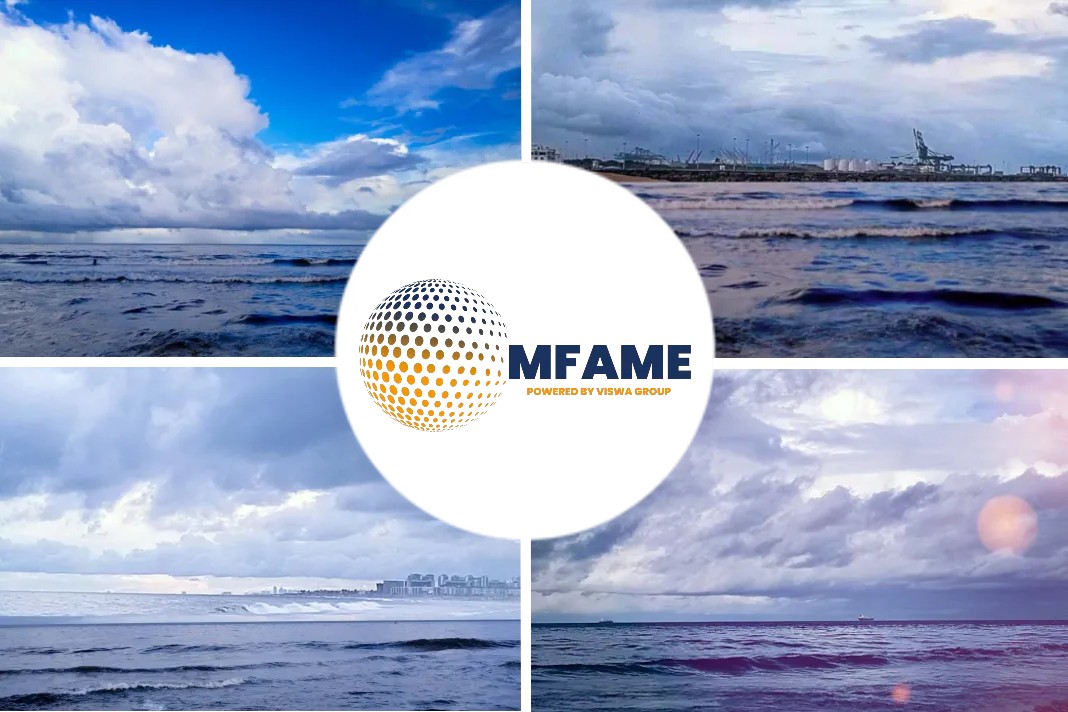The Suez Canal Authority decides to arrest the Ever Given, as leverage for its $916m insurance claim against the vessel owner, says an article published in The Loadstar.
What happens to the GA process?
After the shipowner declares general average, the assigned average adjuster, RHL, will start assembling the bills of lading from Evergreen to start communicating with the consignees that they have to execute the average bond with commercial invoice.
The consignee will then have to contact their cargo insurer so that the latter can execute the GA guarantee. If there is no insurance, the consignee has to post a cash deposit.
GA: the correct mechanism for this case
GA is based on the principle that all the interests in the ship’s voyage should contribute to the sacrifice and/expenditures incurred for the benefit of all interests in the safe continuance of the voyage.
This concept applies even if there is no damage to the cargo, or the cargo interest did not trigger the general average.
Even without a general average as the source of remedy, the risk transfer methods that evolve after the general average can be the eventual source of remedy if the supply chain and its insurance sector agree to make these losses fall to the interest that caused the loss.
The only option for cargo owner
The only recourse for the cargo owner is to work diligently with the P&I insurer, UK P&I Club, since any damage to the cargo under the bill of lading issued by the vessel is an exposure to the UK P&I Club.
Applicable insurances
Here is the list of applicable insurance for this incident:
- UK P&I Club – exposures to the liability arising from damage to the cargo onboard the EG and other liabilities. If there is a breach of contract, and the general average adjustment is not collectible, the Club has an exposure to the uncollectible GA loss.
- Cargo insurance – exposures to the damage to the cargo, as first-party insurance, as well as its contribution to the general average adjustment. In addition, the cargo insurer may have any exposure under the sue & labour clause of the policy.
- Hull & machinery (which I understand is written by three Japanese insurance companies – I guess that it’s probably Tokio Marine, Mitsui Sumitomo and Sompo) – exposures to EV damage, subject to its policy to a deductible. If there is an absorption clause (AC), the shipowner will exercise the AC because, most probably, the sublimit is way below the ultimate value of general average in this case.
Did you subscribe to our daily newsletter?
It’s Free! Click here to Subscribe!
Source: TheLoadstar


















